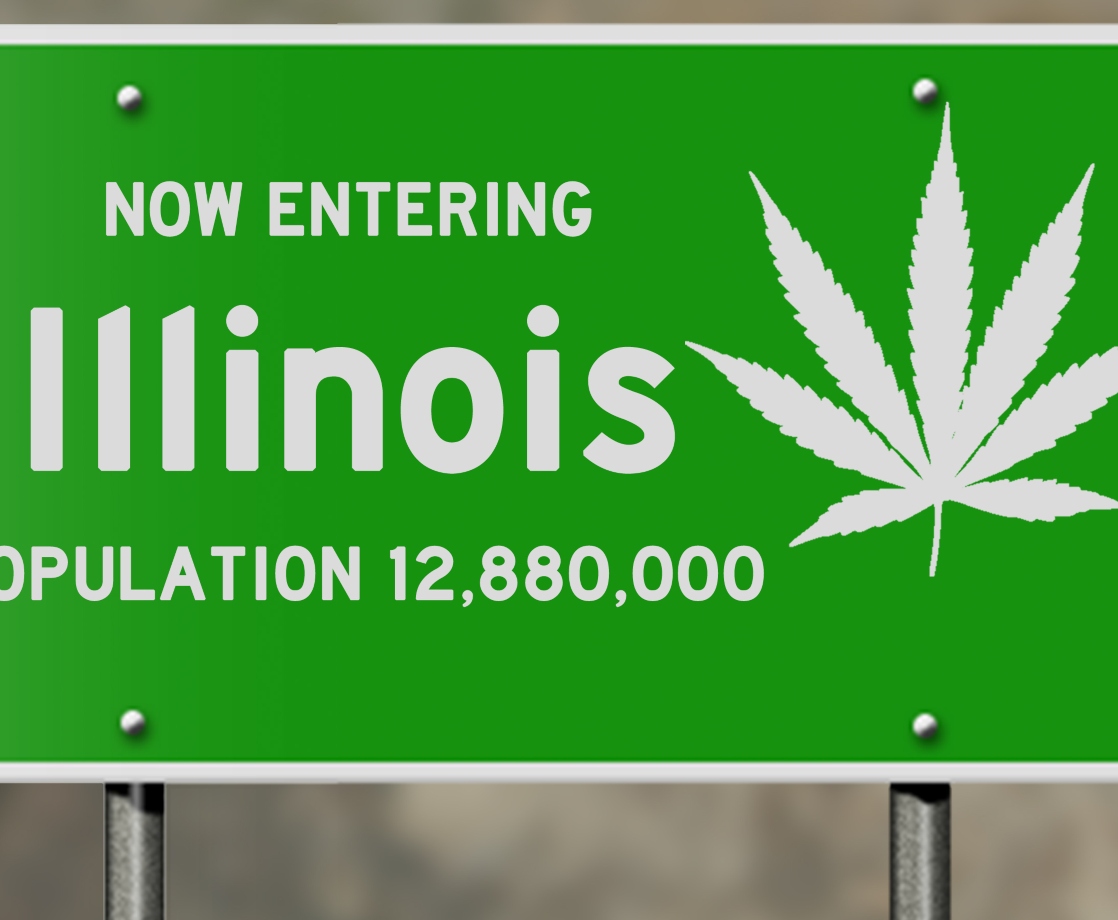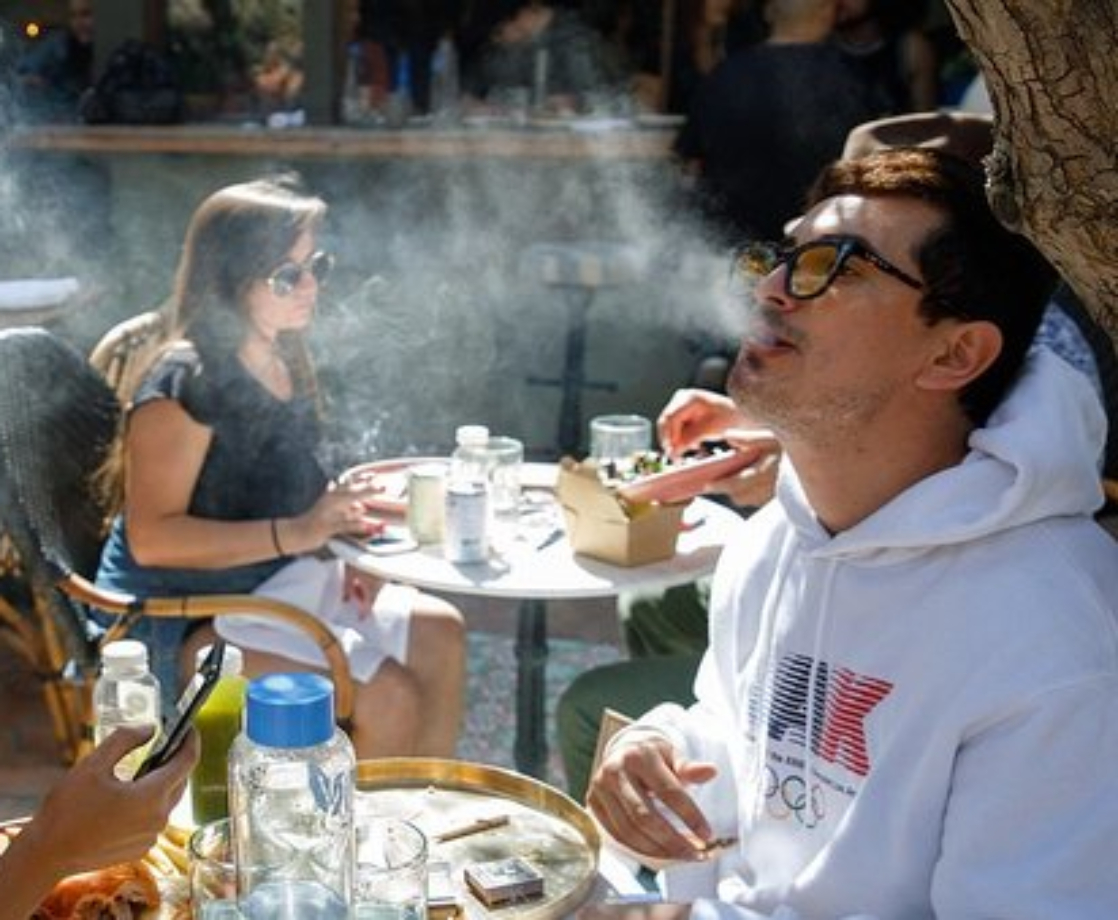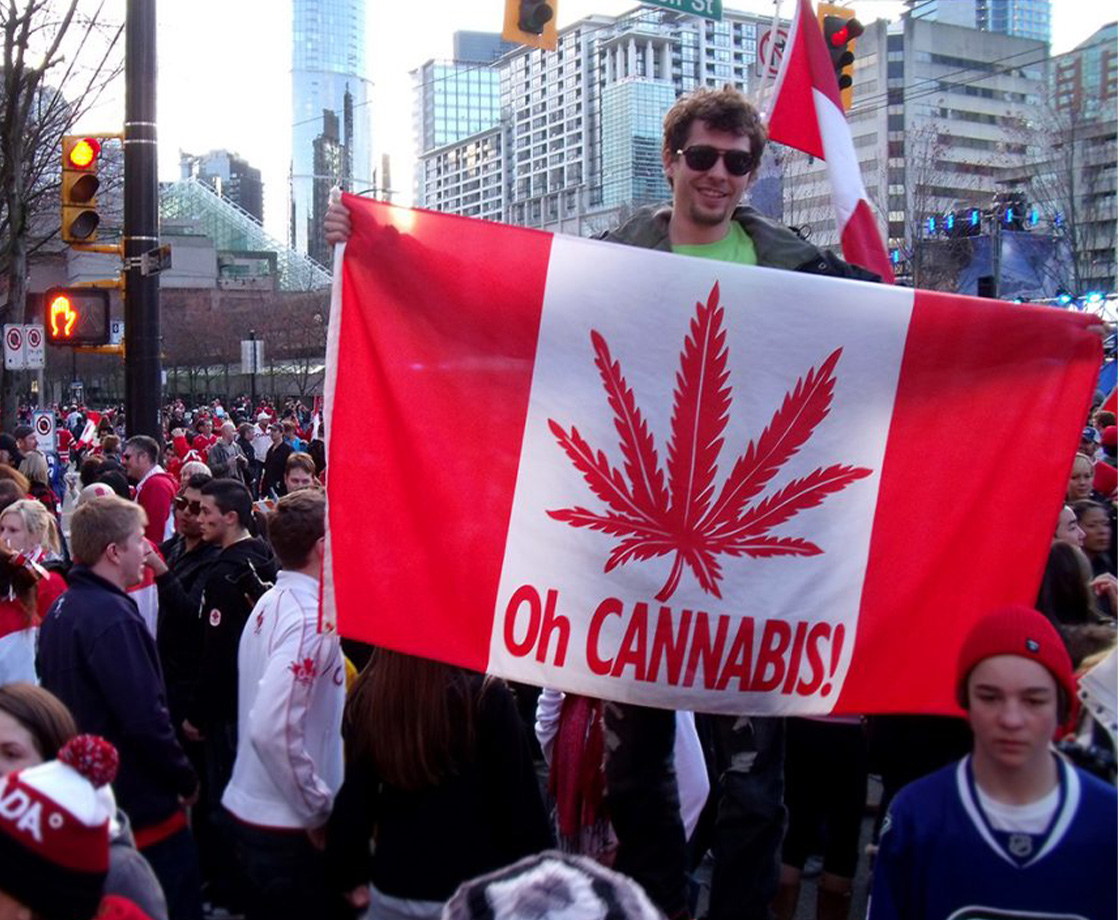Last year, JB Pritzker ran for the Illinois governor’s office on a promise to legalize weed. On Tuesday, June 25, he made that promise a reality by signing HB 1438 into law.
Illinois is now the 11th state to legalize cultivation, sales, and possession of recreational, or adult-use, cannabis. But it’s the first state to do so through its legislature rather than ballot question left to the voters. (Technically, Vermont is the first to legalize through its legislature, but only for possession, not sales.)
More importantly, Illinois is the first state to guarantee social justice and equity in its legalization program, as well.
“Studies have shown time and time again that black and white people tend to use cannabis at the same rates, but black people are far more likely to be arrested for possession,” Gov. Pritzker said during a press conference. “Criminalization offers nothing but pain, disruption, and injustice. The legislators and activists standing with me today have heard you.”
So just how did Illinois accomplish what Colorado, California, Oregon, Alaska, Michigan, Washington, and other weed-legal states failed to do with their legalization bills?
One of the bill’s lead sponsors was Rep. Kelly Cassidy (D-Chicago), who already carved her niche among the state’s progressives by championing Illinois’s 2013 marriage equality law and a recent expansion of women’s reproductive rights.
Related: Vintage Reefer Madness Posters
Getting weed legalized through the Illinois legislature wasn’t some accident, either. “That was the whole game plan from day one,” Cassidy told MERRY JANE over the phone. “When you have a [voter approved] ballot initiative, you only get a paragraph [of bill text] to work with.”
By going the legislature route, Cassidy got to sit down with other lawmakers, state agencies, attorneys, and activists to craft the legalization bill from scratch. That meant hours upon hours of impassioned debate, negotiation, and education, not to mention multiple line-item strikes and revisions as the bill was arduously, but ultimately, fleshed out.
“It was one of the first truly collaborative processes I’ve been a part of. We cried together, we laughed together, and we worked our asses off. I don’t think it was easier,” she said regarding legalizing cannabis through the legislature, “but the end result was better.”
How did Illinois’s weed bill turn out “better” than the previous ten states’? HB 1428 includes the usual rules that have become standard by now: no selling to kids, keeping organized crime away from licensed weed profits, potency limits, and strict packaging rules. But while other weed-legal jurisdictions – like California – have approved programs for social equity or expungements, those were post-hoc moves. Illinois lawmakers ensured social justice came with the total package, instead of just another inconvenient afterthought following legalization.
Under the expungement portion of the bill, Illinois must clear criminal records for the state’s 770,000 low-level weed offenders. That’s good news for residents who’ve struggled to find jobs, housing, or loans because they were convicted of victimless cannabis crimes.
“The mechanics of expungement were a serious concern,” Chris Lindsey, the Senior Legislative Counsel at the Marijuana Policy Project (MPP), told MERRY JANE during a phone call. MPP is responsible for pushing legalization in several states, such as Colorado and Maine, and Lindsey worked closely with Illinois’s legislators, activists, and state agencies to ensure HB 1438 made it to Gov. Pritzker’s desk.
“How do you set this up so there’s a feasible way for the state to do what you want? It’s very tricky….There are all these different counties. The [criminal] records don’t go into a massive database where someone can just hit ‘undo,’” he said.
To begin expungements, state officials will need to dig up old court orders, find the records, then remove the records, county-by-county. It won’t happen overnight, but it will happen eventually.
“It’s very much a hand-held process,” Lindsey continued. “Getting those pieces to fit together, figuring out how we define what equity means, what benefits are available to people who fall into the equity applicant category…. Basically, how do we ensure it’s fair for everybody else?”
Under the social equity sections of the bill, prospective canna-business owners who live in “Disproportionately Impacted Areas” – in other words, low-income neighborhoods that are often targeted by police patrols – get bumped to the front of the line for the state’s much-coveted cannabis licensing.
Social equity applicants can also qualify if they have prior weed arrests or convictions, or if they belong to a family that was “impacted” by the drug war.
“Social equity is certainly the hallmark of this legislation,” Lindsey added.
While it’s going to take time to implement the bill’s social justice provisions, launching legal weed sales is on a tight deadline. By law, the program must be up and running by January 2020. The legislature officially approved legalization on May 31, and although the governor said then that he’d sign the bill as soon as he possibly could, it took nearly a month for HB 1438 to receive his signature.
Why did the signing take so long? According to Rep. Cassidy, the governor joked that he wanted to hold off on signing it until “Snoop comes to the State Fair.”
Uncle Snoop is set to perform in Illinois in August, so it’s probably best that Pritzker didn’t wait.
Follow Randy Robinson on Twitter











